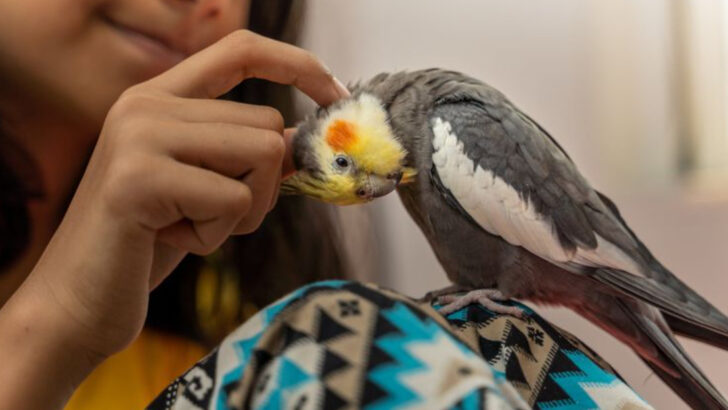A pet bird isn’t just a cute little feathered friend—it’s a full-on commitment with wings, attitude, and a surprising amount of personality.
These creatures aren’t just decorations for your home. They demand attention, mental stimulation, and the right environment to thrive. Some will even outlive their owners, making them a lifelong responsibility rather than a temporary companion.
From their endless chatter to their need for social interaction, birds are as high-maintenance as they are charming. A bored bird can become destructive, loud, or even depressed. And let’s not forget the mess—feathers, food, and, well… other “surprises” everywhere.
So, before you bring home a feathered roommate, let’s go over the most important things you need to know. It’s better to learn now than to find out the hard way!
Understanding Lifespan
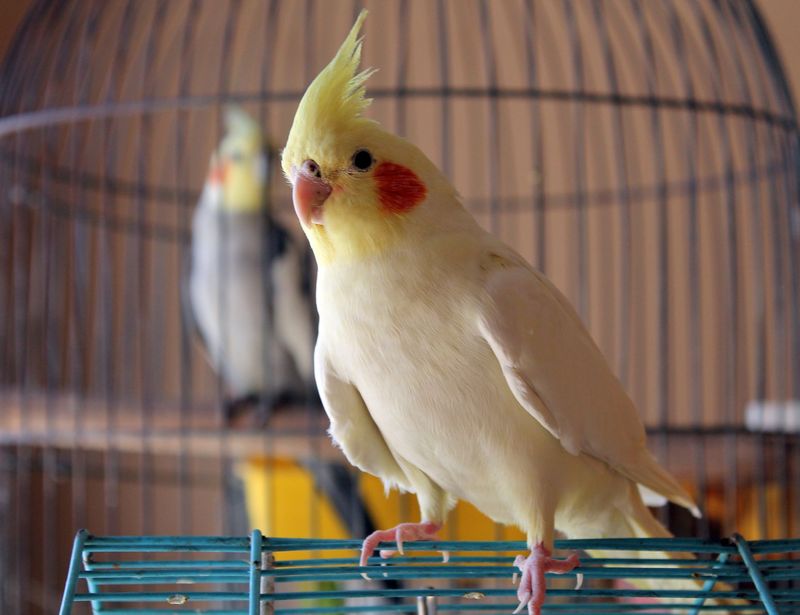
Birds can live surprisingly long lives, with some species like parrots and cockatoos living for over 50 years. Before purchasing a bird, it’s crucial to consider the long-term commitment involved. This means planning for their care well into the future, possibly beyond other pets or even your own life changes.
Consider who will take care of your bird if you’re unable to in the future. Your feathered companion could be with you for decades, forming a deep bond that requires ongoing attention and love.
Space Requirements
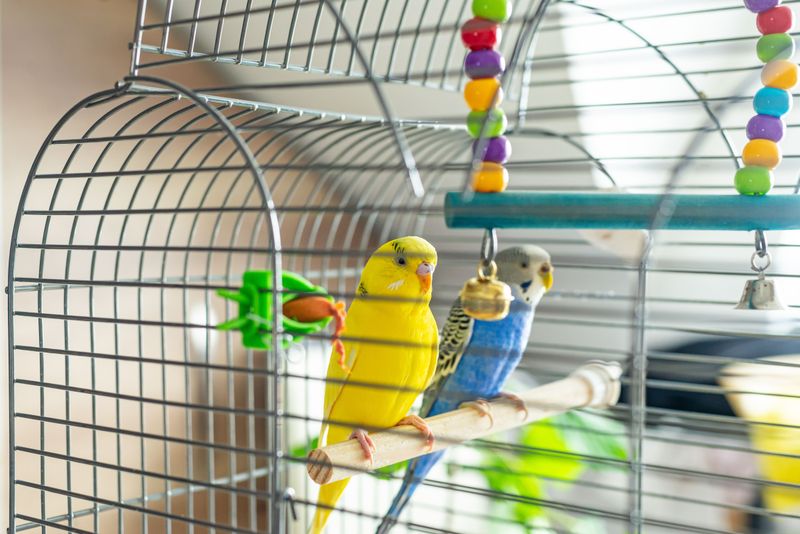
Birds need plenty of space to fly and play, even if they spend time in a cage. Small cages can lead to boredom and health issues. Look for a spacious cage that allows your bird to move freely.
Consider the bird’s wingspan when choosing the cage, ensuring they can stretch and flap their wings comfortably. A quality cage with plenty of room can provide mental stimulation and physical exercise, keeping your bird healthy and happy.
Noise Levels
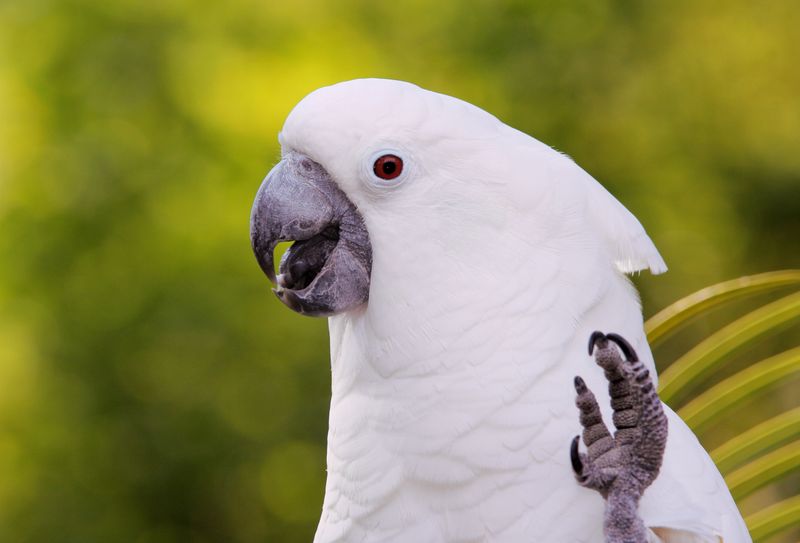
Birds are naturally vocal creatures, and some can be quite loud. Depending on the species, you might find yourself with a chatty companion that sings, chirps, or even mimics sounds throughout the day.
Consider your living situation and tolerance for noise before choosing a species. If you live in an apartment, a quieter species might be more suitable. Understanding and managing noise levels is key to maintaining harmony in your home.
Dietary Needs
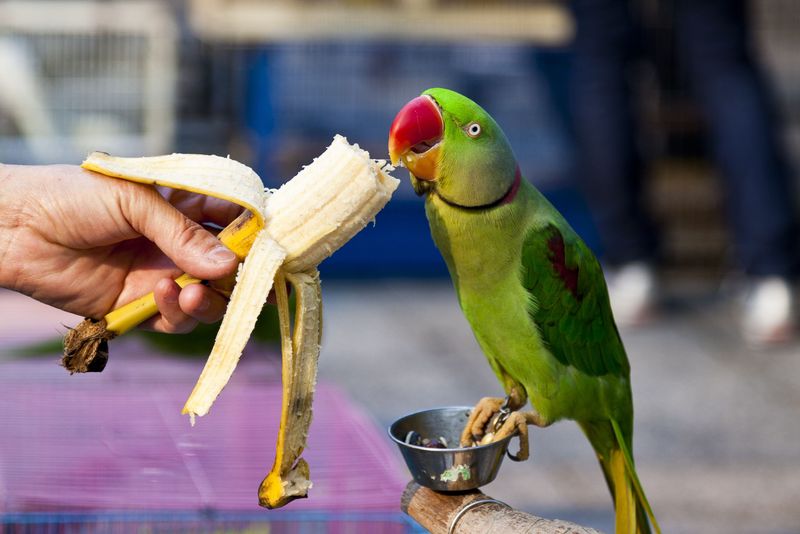
Birds require a diverse and balanced diet to thrive. While seeds are a staple, they need fresh fruits and vegetables, as well as specialized pellets. Each species has unique dietary requirements that must be met to ensure optimal health.
Consult with a veterinarian to understand the specific needs of your bird. Providing a varied diet not only keeps them healthy but also prevents boredom and encourages natural foraging behaviors.
Social Interaction
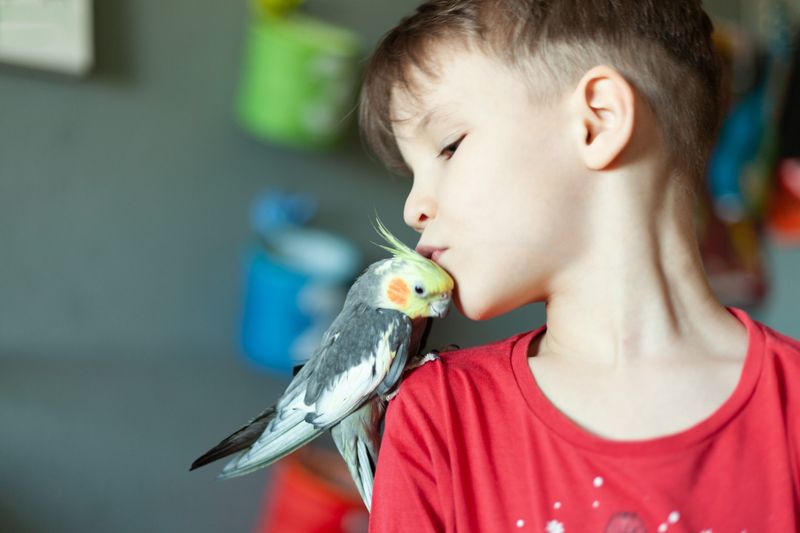
Birds are highly social animals that thrive on interaction with their human companions and other birds. They require daily attention and engagement to flourish. Neglecting their social needs can lead to behavioral problems.
Consider how much time you can dedicate to your bird each day. Engaging with your bird through play and training can strengthen your bond and enhance their well-being.
Health Care

Regular health check-ups with an avian veterinarian are essential for your bird’s well-being. Birds can hide symptoms of illness, making regular vet visits crucial for early detection and treatment.
Ensure you have access to a qualified avian vet and budget for routine examinations and potential emergencies. Proper health care contributes to a long, happy life for your feathered friend.
Initial Costs
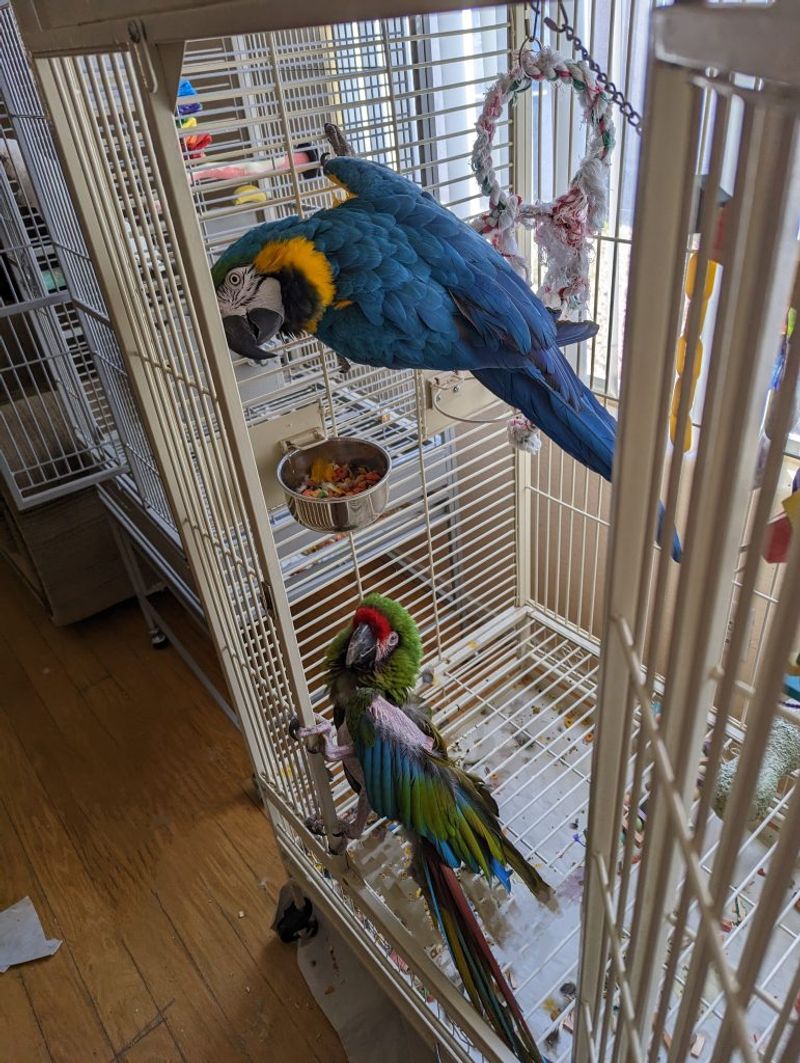
Purchasing a bird is just the beginning of the financial commitment. From cages and toys to food and veterinary care, initial costs can add up quickly. Research the expenses associated with your chosen species.
Consider the long-term costs, including ongoing supplies and potential vet bills. Planning and budgeting for these expenses will help ensure you can provide the necessary care throughout your bird’s life.
Training Challenges
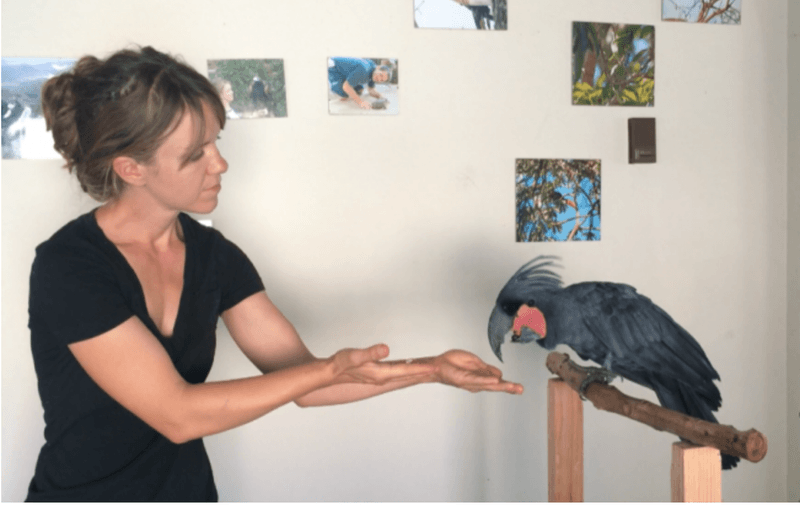
Training a bird can be rewarding but challenging. Birds are intelligent and need mental stimulation, but they also have their own personalities and quirks.
Consistent training with positive reinforcement can lead to a well-behaved pet. Patience is essential, as progress may be slow. Remember, a trained bird is a happier and healthier companion.
Species Differences
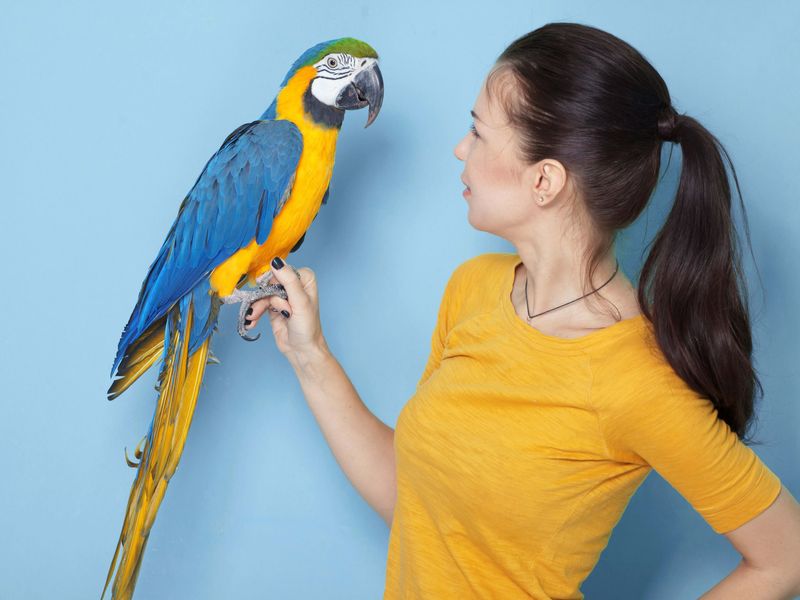
Not all birds are created equal. Different species have unique characteristics, behaviors, and needs. Researching the specific traits of your desired species is essential to ensure a good match with your lifestyle.
Consider factors like size, lifespan, and temperament. Understanding these differences will guide you in choosing the right bird for your home and family.
Mental Stimulation
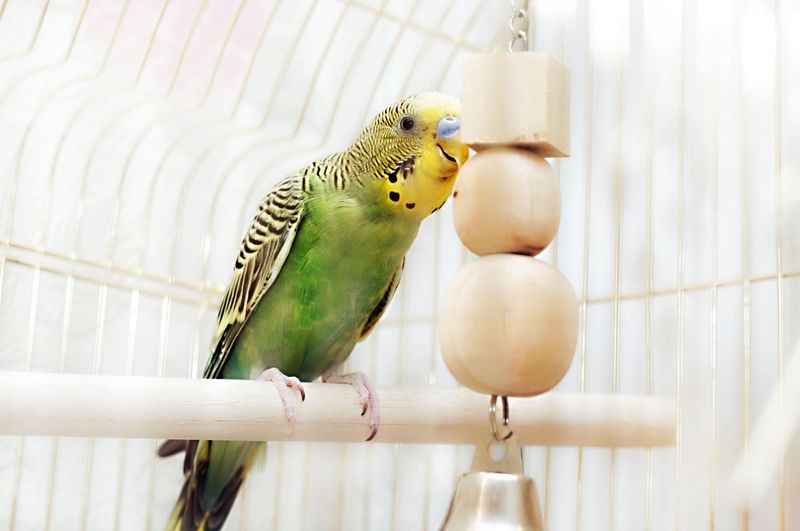
Birds are intelligent creatures that require mental stimulation to prevent boredom. Providing toys, puzzles, and opportunities for problem-solving can keep them entertained and healthy.
Rotate toys regularly to maintain their interest and challenge their minds. Enrichment activities are essential for a bird’s mental well-being and overall happiness.
Commitment Level
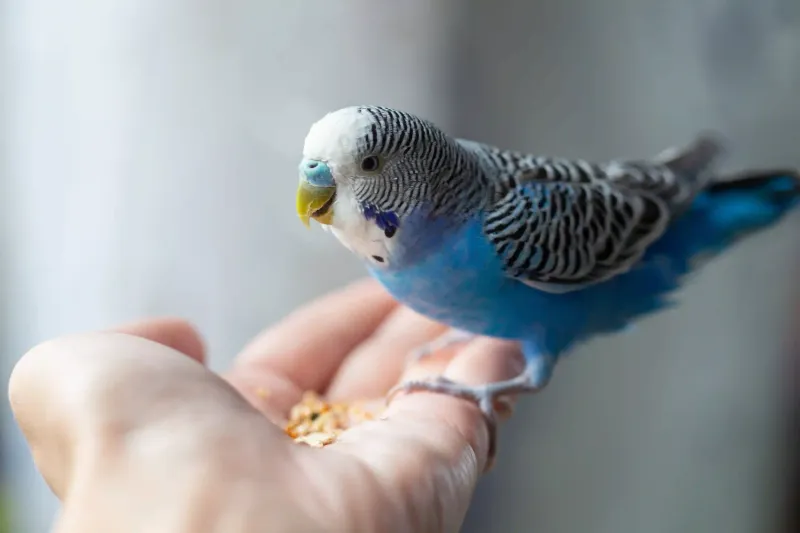
Owning a bird requires a significant commitment of time, energy, and resources. Birds need daily care, attention, and social interaction to thrive.
Before purchasing a bird, assess your ability to meet these demands. A strong commitment ensures that you can provide the love and care your bird needs for a fulfilling life.
Cleaning Responsibilities
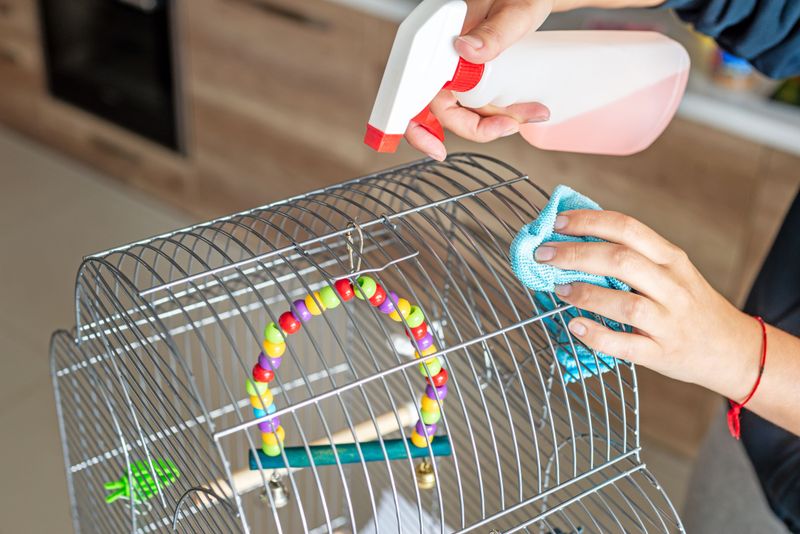
Birds can be messy, and maintaining cleanliness is vital for their health. Regular cleaning of cages, perches, and feeding areas is necessary to prevent disease.
Consider the time and effort required to keep your bird’s environment clean and safe. A clean habitat contributes to your bird’s overall well-being and comfort.
Bonding Experience
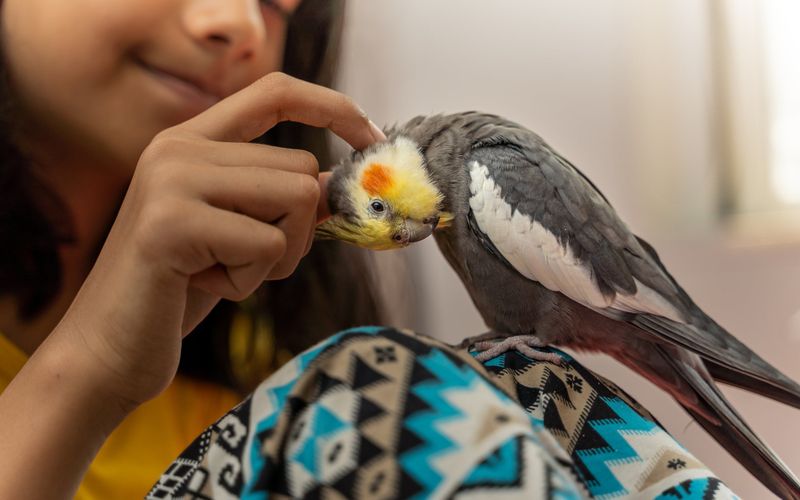
Birds can form deep bonds with their human companions, creating rewarding relationships. Building trust and connection requires time and patience.
Engage in activities that both you and your bird enjoy, strengthening your bond. A well-socialized bird is a loving and loyal companion, enriching your life with joy and companionship.
Legal Considerations
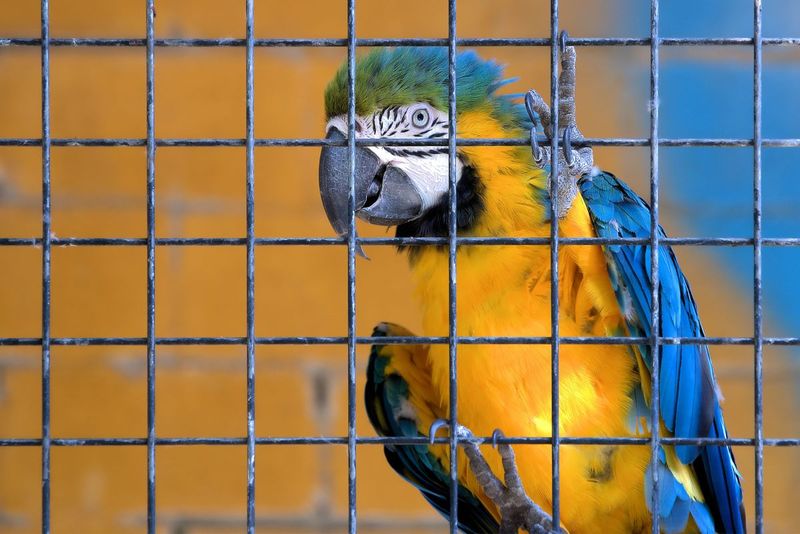
Before buying a bird, be aware of legal restrictions and requirements. Some species are protected by law, and owning them may require permits.
Research local regulations to ensure compliance. Being informed about legal responsibilities helps you make ethical and lawful decisions in bird ownership.
Travel Considerations
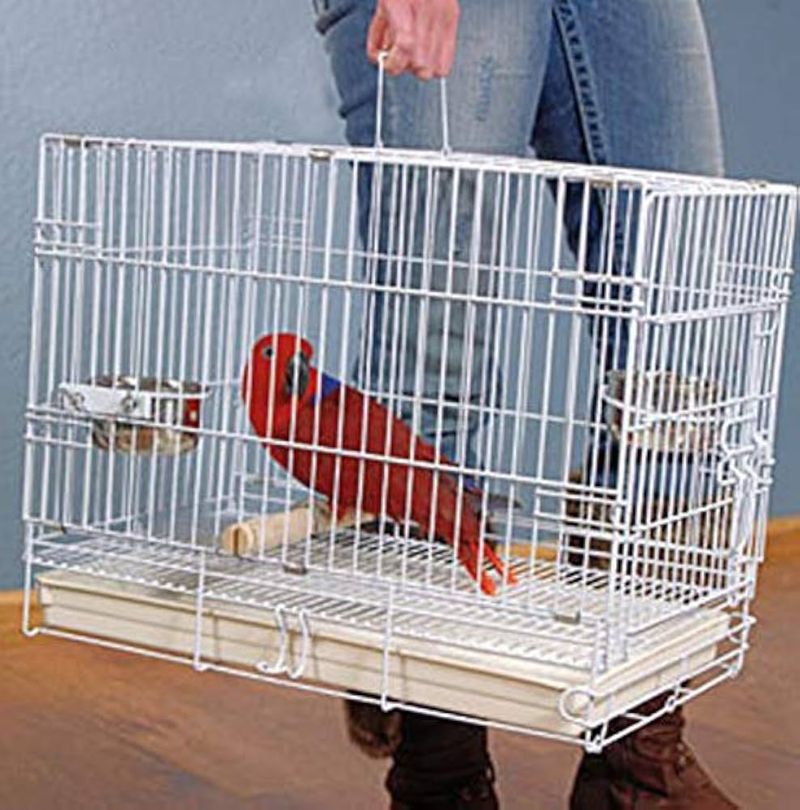
Traveling with a bird requires careful planning and preparation. Birds can be sensitive to changes in environment and routine during travel.
Ensure you have a suitable travel cage and consider your bird’s comfort and safety. Plan your trips with your feathered friend’s needs in mind, ensuring a smooth and stress-free experience for both of you.

